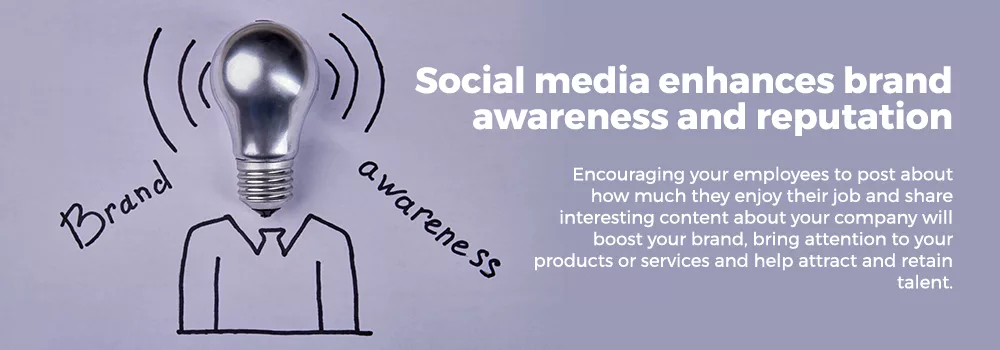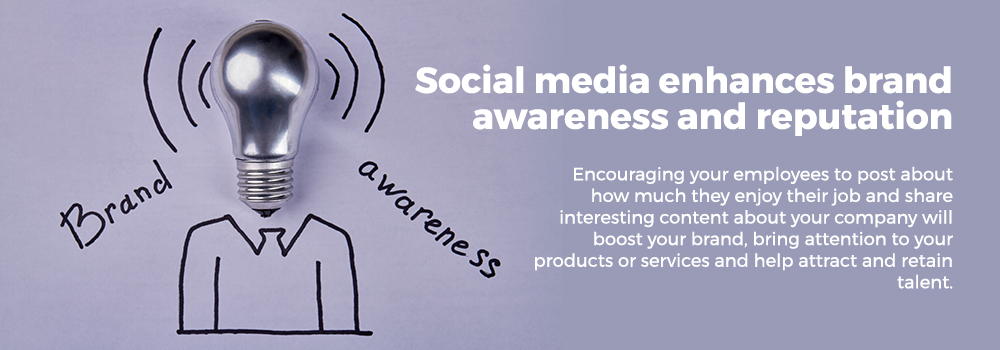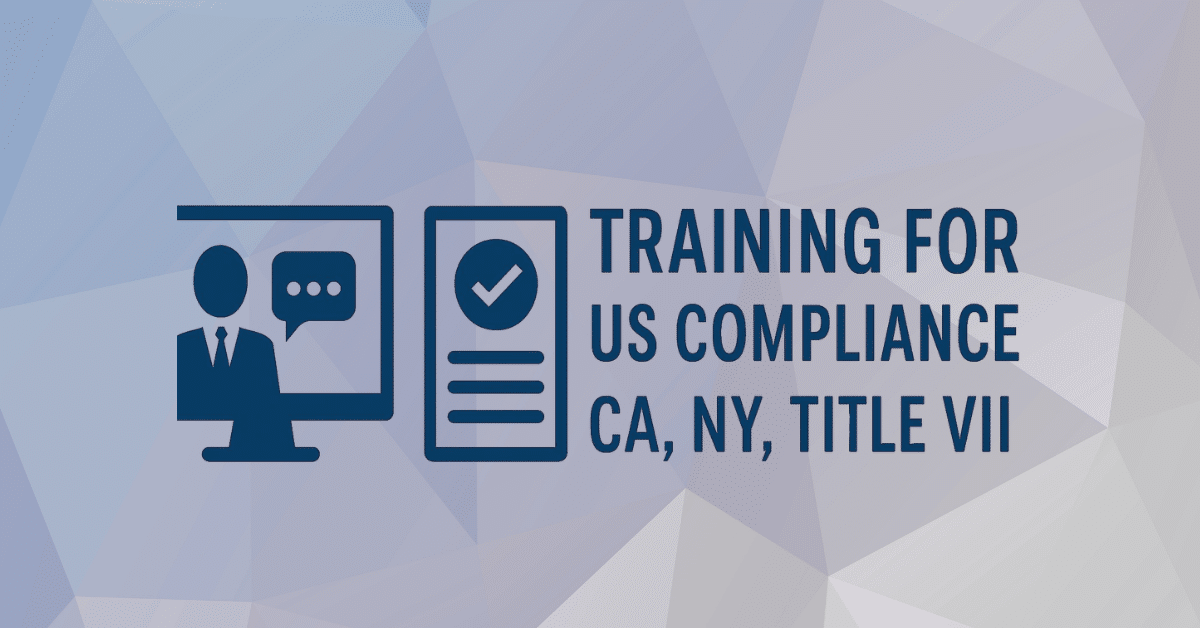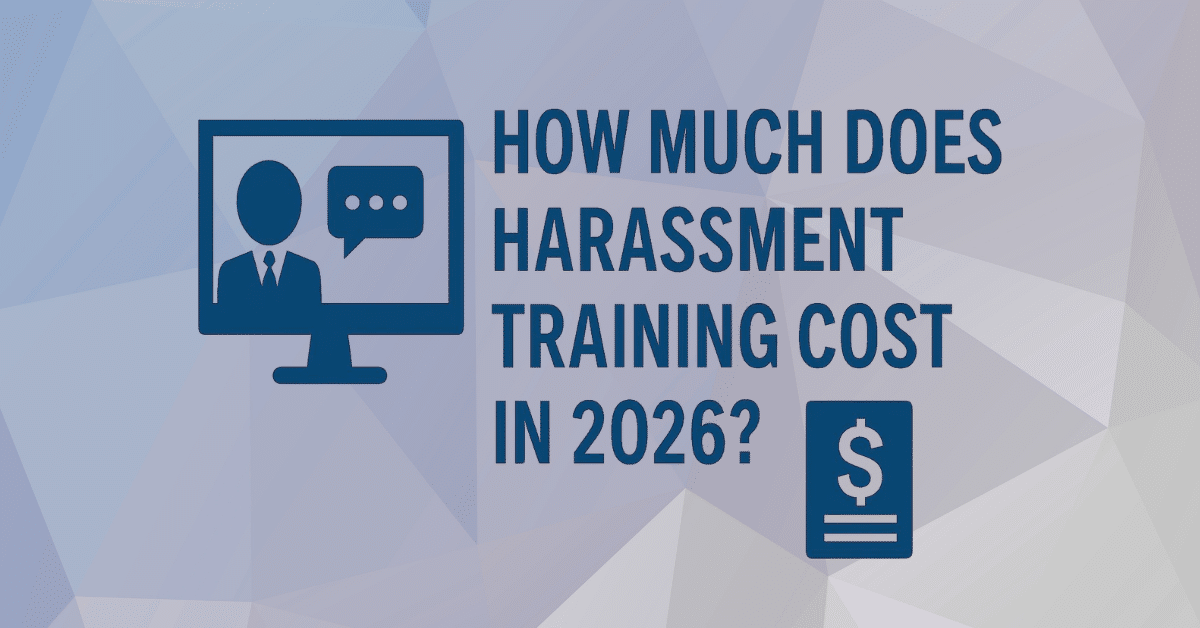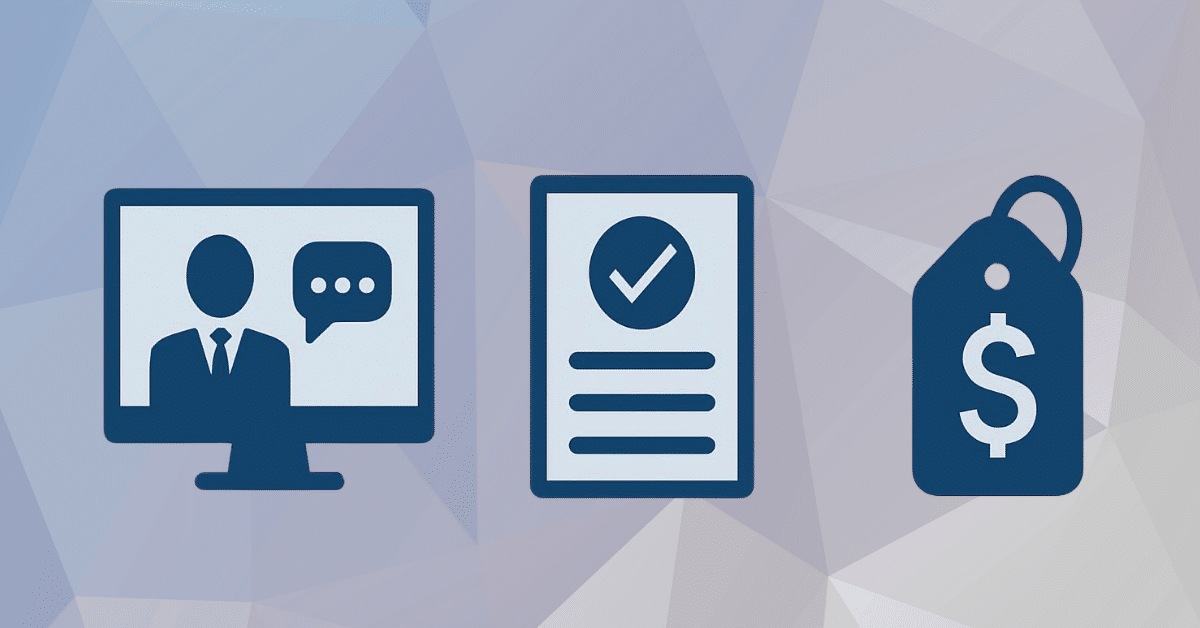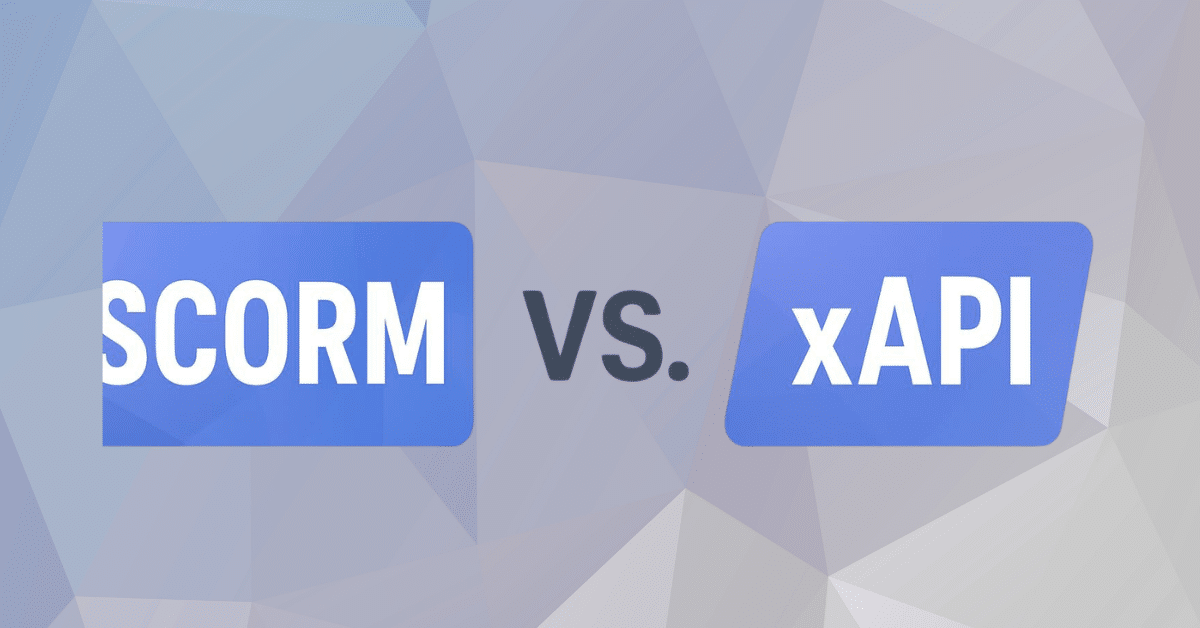The explosion of social media has significantly changed the way people communicate both at home and work. With smartwatches, smartphones, and tablets providing immediate access to social media accounts, notifications, and news, online social networking has become a cornerstone of our daily routines. In short – social media is a part of life for today’s employees.
Recent statistics showed that 81 percent of the U.S. population have social media accounts, so it should come as no surprise to employers that a significant majority of employees use social media at work. According to the Pew Research Center, 77 percent of workers reported using social media in the workplace.
Social media is used on personal cell phones and laptops – but what types of social media channels do employees use?
Social media channels include Facebook, Instagram, LinkedIn, Twitter, YouTube, Pinterest, Google+, Flickr, and more. Although these channels are great for chatting and sharing personal information, they present great business opportunities in internal and external communications, marketing, public relations, collaboration, and recruiting.
Understandably, companies fear that tweeting inappropriate memes or posting selfies on Facebook will flood their workplaces if they allow the use of social media on the job. The reality is that banning social media won’t solve the problem – employees will be using it regardless of your policy.
So, instead of spending time and energy on stopping employees from using social media in the workplace, rather focus on how you can channel social media use to benefit the company and its employees.
Times have changed – being on social media is no longer considered “wasted time.” While social media may drain employees’ productivity, it can significantly benefit company marketing efforts when used appropriately.
Social media in the workplace includes professional and personal use, so whether you’re using social media in your company or not, chances are your employees are active on social media platforms anyway.
But before we continue, let’s look at some pros and cons of social media in the workplace.
Save Thousands Of Dollars With Coggno Prime Subscription
Pros of social media in the workplace.
-
Employees get to take a much-needed mental break.
Research has shown that regular mental breaks enhance productivity. Social media offers the perfect opportunity to take a short break away from a complex task without significantly disrupting workflow by getting up, walking around, and chit-chatting to co-workers.
-
Workplace relationships are strengthened.
Co-workers can use social media to interact with each other and build better relationships. This will lead to a happier workforce and more cohesive and productive work teams. It’s also great for improving company-wide communication, particularly if you have remote workers or multiple offices.
-
It improves employee engagement.
Allowing your employees to access social media on their devices makes them feel valued and strengthens their confidence. When your staff recognizes that you have confidence in them, they’ll feel more responsible for their work and the time they spend on social media.
-
Social media enhances brand awareness and reputation.
Encouraging your employees to post about how much they enjoy their job and share interesting content about your company will boost your brand, bring attention to your products or services and help attract and retain talent. An increasing number of employers are becoming more aware of these benefits, and many employees’ jobs require posting, sharing, and monitoring social channels. Some organizations also explore ways to grow visibility on Instagram like platform to improve reach and awareness of their brand and culture.
-
It boosts organizational productivity.
A study by McKinsey Global Institute found that although 72 percent of companies are using social media, most are not using it to its fullest potential. It continues to say that if companies were to implement social media use fully, they could improve employee productivity by 20 to 25 percent!
Cons of social media in the workplace.
-
Distracts staff leading to decreased productivity.
The most obvious problem that arises with the use of social media in the workplace is that it allows employees to have constant access to friends and family. This can be a huge distraction with a significant impact on productivity and engagement.
-
Bullying and harassment.
Access to intimate details of people’s lives can lead to cyberbullying (or “trolling”) and harassment. Cyberbullying can significantly affect a victim’s mental health and well-being, and strict measures should be in place to avoid this at all costs.
-
Malicious intent.
A step further than bullying and harassment is deliberate sabotage enacted by disgruntled employees with insider knowledge of the company. This is particularly dangerous when employees with access to company media pages have been let go and posted offensive and malicious content, causing damage to the company’s brand.
-
Social media fails.
Social media may boost your brand, but it can also severely damage it. Social media fails can have far-reaching consequences because they are made public and reach a much larger audience.
Now that we know the pros and cons of social media in the workplace, let’s look at why it’s essential to create a social media policy.
A social media policy provides guidelines for your organization’s social media use. It covers your brand’s official channels and how employees should use social media personally and professionally.
So what should you include in your social media policy? Here are a few ideas on what to cover when you create your social media policy:
- Protect your organization’s reputation: Make sure you create a policy about what is “off-limits” when people are posting on behalf of a company.
- Outline what’s considered confidential or private information: Provide clear guidelines on what the organization considers public and private information about the business and its employees.
- Spell out who the official voice of the organization is: There should be a designated person responsible for answering questions on behalf of the company on social media.
- Discuss the correct way to engage with others online: Remind employees to be polite and agreeable at all times. Disagreements on social media can easily blow up and go viral.
- Train and educate your employees: Show your staff how social media can benefit the organization and point out what can happen if people don’t follow the rules. This will motivate them to think before they click!
In the end, you need a straightforward document that’s easy to understand and act on. It’s also vital to continuously review your policy to make sure there’s buy-in and that no issues arise.
Conclusion
The presence and involvement of your employees as part of your company on social media is inevitable and can be beneficial if managed correctly. Creating a positive and transparent social media policy will allow your employees to effectively communicate on social media, leading to improved employee engagement and brand enhancement.
Coggno has a wide range of online training courses on social media use in the workplace.
You can have a look at our free courses here and our course catalog here.

